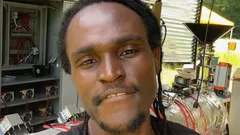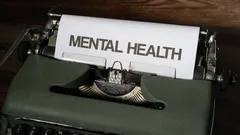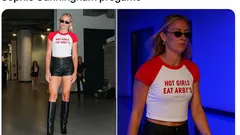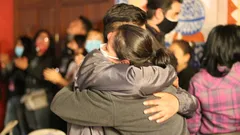
Few relationships can be like the back-burner relationship. With pop culture events such as Netflix's One Day hitting right in the middle, a lot of young adults can feel the nagging heartache of being someone's maybe instead of their primary. This editorial focuses on how the ache of "what if" relationships isn't just a fiction, but a reality created by modern love and digital dating culture.
What Defines a Back Burner Relationship?
At its heart, the idea behind a back burner relationship puts one person in reserve. They are never on the same level but never completely discarded. Imagine cultivating a bond for years, with a mutually intense chemistry that doesn't quite manifest. It's the void between romance and friendship—full of missed opportunities and emotional uncertainty.
Cultural Reflections: From Streaming Shows to Social Feeds
Shows like One Day and the upcoming seasons of Bridgerton reflect this dynamic, focusing on couples who play around with their feelings each year. For some, these tales spark nostalgia, while for others, they're a grueling reminder of the need to keep hope alive for a relationship that's never really tangible. Personally, I've seen friends sit in the shadows of their emotions and be enthralled by a fleeting love—however, they're not satisfied with the results.
"Back burner relationships can cause emotional distress to those involved, leading to the partner on the receiving end feeling neglected, insecure, or used."
What is the reason we fall into this Pattern?
The importance of back burner relationships is more relevant than ever in the age of swipe-right. Social feeds and dating apps offer a myriad of possibilities. This makes it easy for individuals to keep their options open—often at the expense of those waiting to be contacted. The safety of a fallback option can be appealing, but it often causes unintended harm to the person waiting patiently for a response.
The Real-World Toll: Emotional and Practical Risks
Being left off someone's radar can be a traumatic and confusing experience. These moments of attention bring hope, but each missed milestone or ambiguous gesture can leave a deep emotional scar. Beyond the hurt of unrequited love, back burner relationships make us less open to connections with others. The lure of possibility can end up leaving us feeling trapped.
Breaking Free: Steps Toward Self-Respect and Clarity
- Define your requirements: Reflect on whether the idea of having a backup aligns with your values and well-being.
- Establish limits: Be clear about your expectations and confront any habits that make you feel overlooked.
- Take a look at the future. Consider whether relying on potential will eventually bring you happiness or if it's time to move on.
Recognizing and addressing back burner conflicts can be challenging, but it's essential to build genuine, healthy, and positive relationships. In a world where almosts and what-ifs are common, making the choice to choose clarity over ambiguity is a small act of strength. I've learned that fulfillment comes when you are someone's number one priority—not their backup option.
Knowing the indicators of a relationship on the back burner can help us take charge of our relationships and focus on those who are truly committed. Ending the cycle will open us up to the kind of intense, mutual love that pop culture often promises.
 Meg Magazine
Meg Magazine















Comments